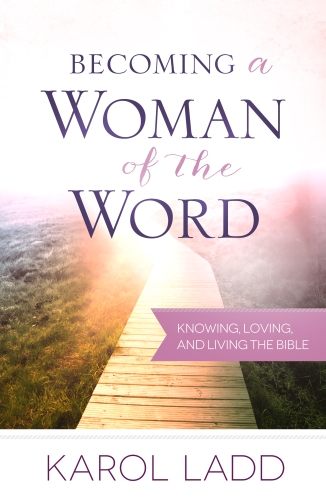
Throughout the centuries there have been skeptics and mockers of the Bible, and none so vehement as the French philosopher Voltaire. He applied his gift of writing in an attempt to demolish Christianity, believing that when people became enlightened they would no longer believe in God, or the Bible or their need for salvation through Jesus Christ. He is quoted as saying of Christ, “Curse the wretch!” Obviously Voltaire had some serious anger issues, not to mention a tad bit of arrogance. He boasted, “In twenty years, Christ will be no more. My single hand shall destroy the edifice it took twelve apostles to rear.”
Voltaire died in 1778, and since his death, millions upon millions of Bibles have been printed and sold throughout the entire world. This man who said that he would expose the Bible and that it would be buried in obscurity is dead and gone, but the Word of God stands forever. Ironically, sometime after his death, Voltaire’s house was purchased by the Geneva Bible Society and was used as a warehouse for Bibles. The Holy Scriptures survived Voltaire, and they will continue to survive despite modern-day critics and outspoken atheists.
Jesus said, “Heaven and earth will pass away, but my words will never pass away” (Matthew 24:35). Peter described the Bible as “living and enduring” (1 Peter 1:23). Isaiah penned, “The grass withers and the flowers fall, but the word of our God endures forever” (Isaiah 40:8). The Bible is an indestructible book. Many besides Voltaire have attempted to do away with it. In AD 303, the Roman emperor Diocletian issued an imperial decree that every Bible should be destroyed. Many Bibles were burned and Christians were put to death for having them in their possession, yet this holy book endured! Even in the Middle Ages, when the Bible was kept from the common people, men such as John Wycliffe and William Tyndale risked their lives to translate the Scriptures so that all could have access to reading it.
Modern-day critics of the Bible question its accuracy, and claim that it couldn’t possibly be the same document as the original manuscripts. Perhaps you have wondered how we can know that the Bible is true, accurate, and infallible. In this blog for next several weeks, we will investigate the process of how we got what we know today as the Word of God, the Holy Scriptures, the Bible. We will also look at the questions some people have about errors or contradictions. Why is it important for us to investigate the veracity of the Bible? Because it claims to be the very words of God, and if it is, then we must lean our whole life into it. It is our foundation, and we must be able to stand on it with confidence.
I hope you will join me for the next few weeks as we look at how the Bible came together and why we rely on it as the true word of God on which we find the foundation of our faith.

This series is an excerpt from my book, Becoming a Woman of the Word – Knowing, Loving and Living the Bible. For the next few weeks I am offering the book as our $5 special for the month (while supplies last – limit 10 per customer). Click Here for more details.
